Introduction
The decision between purchasing a scooter or a motorcycle ultimately depends on personal preferences, riding needs, and lifestyle. Both scooters and motorcycles offer unique advantages and characteristics that cater to different riders. In this guide, we will compare the two vehicles across various aspects to help you determine which is better suited for your specific needs and preferences.
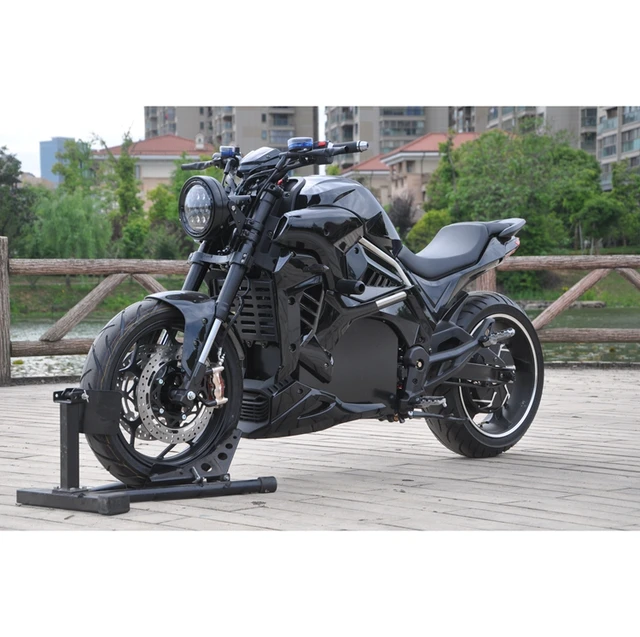
Is a scooter better than a motorcycle?
Ease of Use and Maneuverability
1.1. Scooter Advantages
Scooters are generally easier to ride and maneuver, especially for beginners or riders with limited experience. They have a step-through design, which allows for easy mounting and dismounting without the need to swing a leg over the seat. Scooters also tend to be lighter with a lower center of gravity, making them more nimble and balanced at low speeds and during tight maneuvers.
1.2. Motorcycle Advantages
While motorcycles may require more skill and practice to ride compared to scooters, they offer enhanced control and maneuverability at higher speeds. Motorcycles typically have a more aggressive riding position and a higher seat height, which allows for better visibility and control in traffic or on the open road. Experienced riders often appreciate the agility and responsiveness that motorcycles provide.
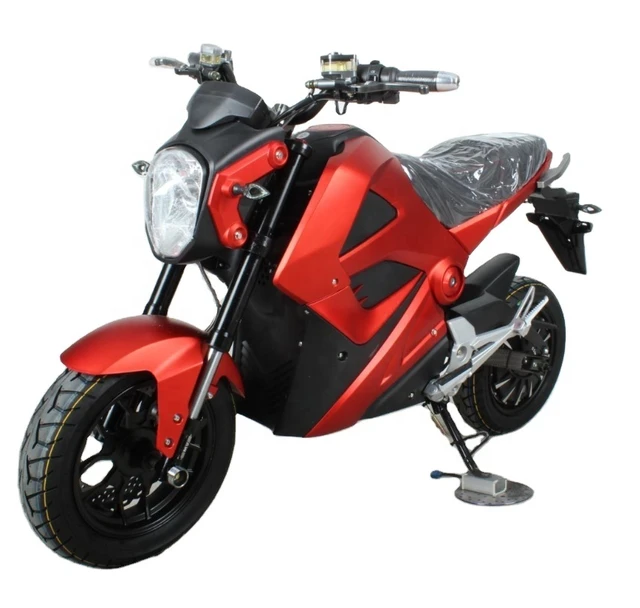
Performance and Speed
2.1. Scooter Advantages
Scooters are designed for efficient and economical city commuting. They are equipped with small engines that provide good fuel efficiency and are ideal for shorter commutes or running errands within urban areas. Scooters typically have automatic transmissions, eliminating the need for manual shifting and allowing for a smoother and more effortless ride.
2.2. Motorcycle Advantages
Motorcycles, with their typically larger engines, offer more power and performance capabilities compared to scooters. They are designed for a broader range of riding styles, including long-distance touring, off-road adventures, or high-speed highway riding. Motorcycles often feature manual transmissions, which allow riders to fine-tune their speed and control according to road conditions and personal preferences.
Storage and Carrying Capacity
3.1. Scooter Advantages
Scooters often come with built-in storage compartments, such as under-seat storage, that provide convenient space for carrying personal items, groceries, or small bags. Some scooters also have additional cargo options, like front baskets or rear-mounted racks, to accommodate larger items. This built-in storage makes scooters particularly practical for daily commuting and urban use.
3.2. Motorcycle Advantages
While motorcycles may not have the built-in storage options of scooters, they offer more flexibility in terms of carrying capacity. Riders can choose from a wide range of aftermarket accessories, such as saddlebags, top cases, or tank bags, to add storage space to their motorcycles. These accessories provide ample room for longer trips, camping gear, or bulky items.
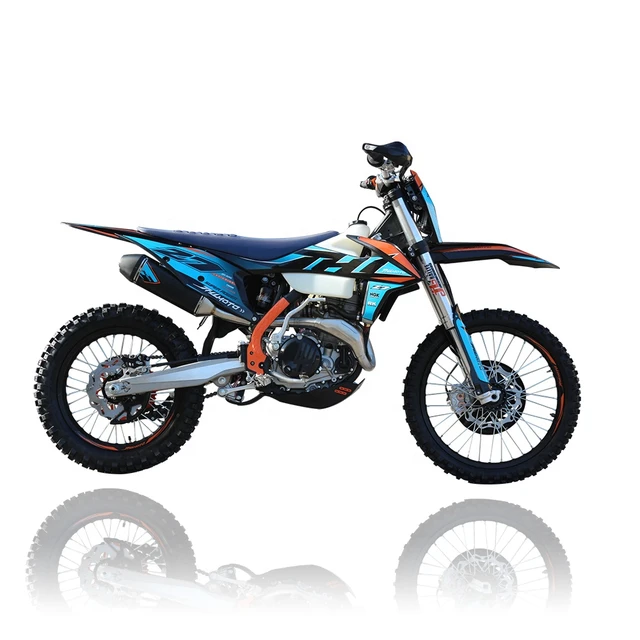
Comfort and Riding Position
4.1. Scooter Advantages
Scooters generally offer a more relaxed and upright riding position, with the rider’s feet tucked forward. This posture reduces strain on the back, wrists, and shoulders, making them more comfortable for shorter commutes or stop-and-go city riding. Scooters also provide ample legroom and spacious seating for both the rider and a passenger.
4.2. Motorcycle Advantages
Motorcycles, with their varied styles and designs, provide riders with more choices in terms of comfort and riding position. Sport bikes offer a crouched, aggressive posture, while cruisers provide a laid-back, feet-forward riding position. Adventure and touring bikes offer more upright seating for long-distance comfort. Additionally, motorcycles often feature adjustable handlebars and foot pegs, allowing riders to customize their riding position for optimal comfort.
Fuel Efficiency and Cost
5.1. Scooter Advantages
Scooters are known for their excellent fuel efficiency, making them an economical choice for daily commuting and short trips. With smaller engines and lightweight designs, they consume less fuel and offer lower operating costs compared to motorcycles. Scooters are often more affordable to purchase and maintain, with lower insurance premiums and registration fees.
5.2. Motorcycle Advantages
While motorcycles may have higher fuel consumption compared to scooters, advancements in engine technology have improved their fuel efficiency over the years. Modern motorcycles can still provide respectable fuel economy, especially when ridden at moderate speeds or in a more fuel-efficient manner. While motorcycles may have higher upfront costs compared to scooters, they offer a wider range of options in terms of price, performance, and customization.
Safety Considerations
6.1. Scooter Advantages
Scooters are generally considered safer for novice riders due to their lower speeds and simpler controls. They are often equipped with smaller engines, which can reduce the risk of accidents caused by excessive speed. Additionally, the step-through design of scooters allows riders to easily put their feet on the ground at stops, providing a sense of stability and balance.
6.2. Motorcycle Advantages
Motorcycles, while they may require more skill to ride safely, offer better acceleration and higher top speeds, which can be advantageous in certain situations. Motorcycles often have larger, more advanced braking systems compared to scooters, providing better stopping power. Additionally, motorcycles can offer improved visibility and maneuverability, making it easier for riders to navigate traffic and avoid potentially hazardous situations.
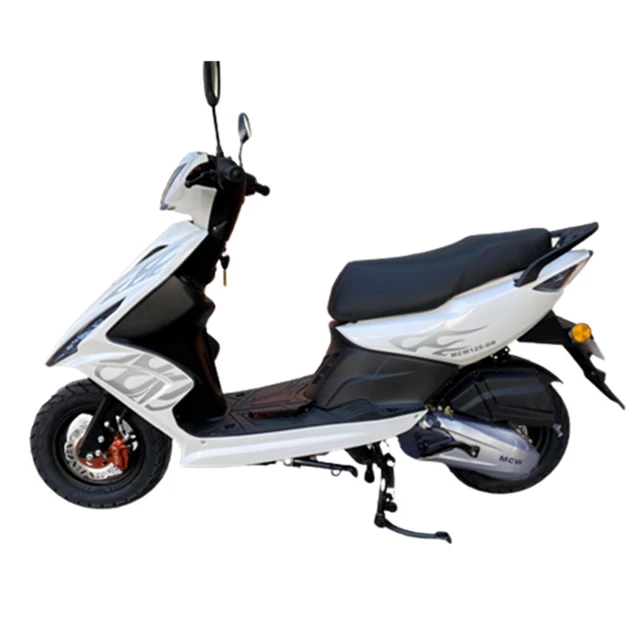
Licensing and Legal Considerations
8.1. Scooter Advantages
In many countries or states, scooters fall into a category that allows riders to operate them with a standard driver’s license, without requiring a separate motorcycle endorsement. This can make it more accessible for individuals who are looking for an easy and convenient mode of transportation without the need for additional training or licensing.
8.2. Motorcycle Advantages
Motorcycles, being more powerful and capable of higher speeds, often require a specific motorcycle endorsement or license to operate legally. This requirement ensures that riders have received proper training and education on motorcycle riding, enhancing safety on the road. Obtaining a motorcycle license may involve additional time, effort, and costs, but it allows riders access to a broader range of motorcycles and riding opportunities.
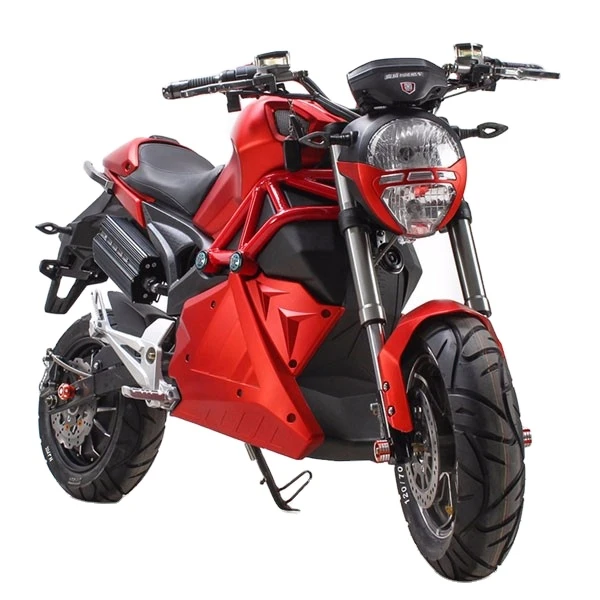
Conclusion
Determining whether a scooter or a motorcycle is better ultimately depends on your specific needs, preferences, and riding style. Scooters excel in urban environments, offering easy maneuverability, practical storage options, and fuel efficiency. They are ideal for shorter commutes or casual rides. Motorcycles, on the other hand, offer more power, performance, and flexibility in terms of riding styles. They are better suited for longer trips, highway riding, or off-road adventures.
Consider factors such as ease of use, desired performance, storage capacity, comfort, fuel efficiency, and safety when making your decision. Take into account your riding experience, the type of riding you plan to do, and your budget. Ultimately, both scooters and motorcycles provide unique experiences and enjoyment on the open road. Choose the vehicle that aligns with your preferences and enhances your riding experience. Whether you opt for a scooter or a motorcycle, embrace the freedom and exhilaration that two-wheeled transportation offers.
